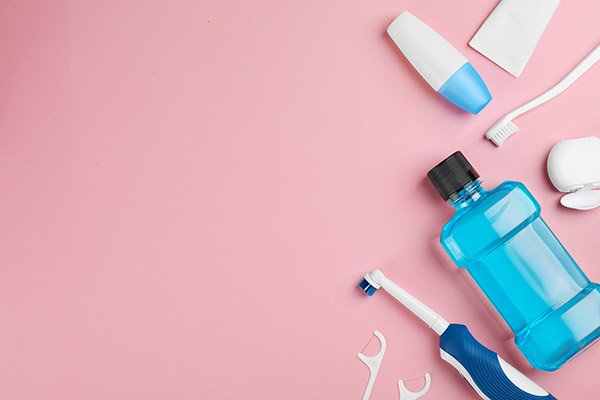 A dental practice can elevate one’s dental health. Being gifted with good teeth does not mean that they will last forever. Once permanent teeth are set in, maintaining dental health is crucial. Extending that care into one’s home makes sure that teeth and gums keep off dental problems. Here are some tips for practicing proper oral care.
A dental practice can elevate one’s dental health. Being gifted with good teeth does not mean that they will last forever. Once permanent teeth are set in, maintaining dental health is crucial. Extending that care into one’s home makes sure that teeth and gums keep off dental problems. Here are some tips for practicing proper oral care.
Flossing at least once a day
This should always accompany brushing. Flossing before brushing helps dislodge food particles, bacteria, and plaque. Particles of food tend to stay in between teeth even with regular brushing. Flossing targets and removes these particles, making sure that brushing removes all of them. This practice also scrapes away plaque, reduces inflammation, and stimulates gums.
Brushing at least twice a day
Cleaning teeth is not the only purpose of brushing, even in a dental practice. It also eliminates bacteria and some plaque that cling to teeth. With regular brushing, anyone can prevent dental issues. Making this a healthy habit after each meal and before bedtime can protect and improve oral health. An up-and-down, circular motion is ideal.
Tongue cleaning
Like the gums, the tongue is also susceptible to plaque accumulation. One’s tongue helps in digestion. It pushes food around the mouth so the teeth can chew it. Because of this, it also accommodates bacterial growth and plaque formation. Brushing the tongue after toothbrushing scrapes most of the adhering food and beverage particles.
Using fluoride toothpaste
Fluoride helps control bacteria in the mouth. It is a common ingredient in oral hygiene products. Choosing the one that a good dental practice recommends can elevate oral health. Brushing at least two times a day, usually after meals, can leave more traces of fluoride on gums and teeth. This can protect the mouth all day long and prevent dental issues.
Drinking more water
Water is the healthiest beverage. It is colorless, flavorless, and sugar-free. Water helps one’s dental health by neutralizing the acids that bacteria produce in the mouth. It also flushes out food particles and hydrates the oral cavity.
Regular visits to the dental practice
Personal dental hygiene rituals can only do so much for one’s oral health. A dentist’s knowledge, experience, and skills can provide treatments that can enhance the condition of teeth and gums. Professional dental exams and cleanings can delay the progress of plaque and cavities. They can also leave teeth whiter and breath fresher.
Munching on vegetables and fruits
Foods that come in on-the-go containers are not good for the teeth. These may be convenient for one’s busy lifestyle but deteriorate the teeth and gums over time. Natural, preservative-free foods, such as crunchy fruits and vegetables, are high in fiber. They dislodge bacteria and food particles while leaving a coating of vitamins and minerals on teeth and gums.
You and your dental practice can work together to achieve good oral health
Dental problems usually creep up on you and strike when you least expect them. Oral care practices should be turned into a routine from morning until bedtime. By maintaining the mentioned oral health tips, you can prevent dental problems from worsening. Your dental practice can help add more by treating your teeth and gums. Dental care needs a great deal of time and money to maintain. Even so, it is worth it.
Related Posts
Flossing is an essential oral hygiene habit, and your dental practice can show you the right way to do it. The process can dislodge bits of plaque and food stuck between the teeth. That reduces the plaque and bacteria buildup, preventing cavities and decay. Many people brush the teeth, but flossing is not as common.…
A dental practice offers a range of dental services, and one of those is the exam and cleaning. Designed to help prevent tooth decay, these services involve removing plaque and bacteria. The practice also offers patient education, so patients know how to care for the teeth while at home. These practices can help a patient…
While most people visit a dental practice every six months, others only go on occasion or not at all. For those individuals, the thought of seeing a dentist causes a lot of anxiety. Hopefully, the information provided about how a dentist treats a cavity will answer questions and put them at ease. These people will…
